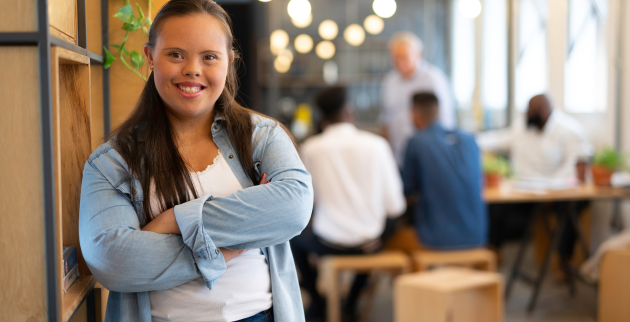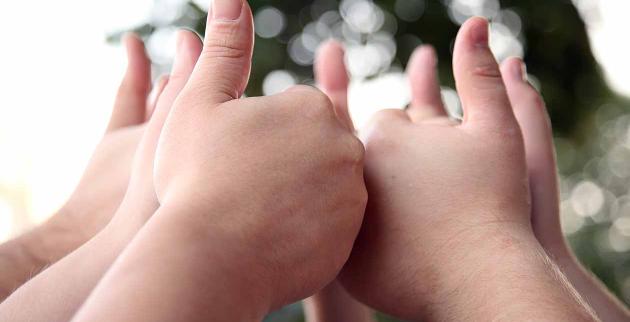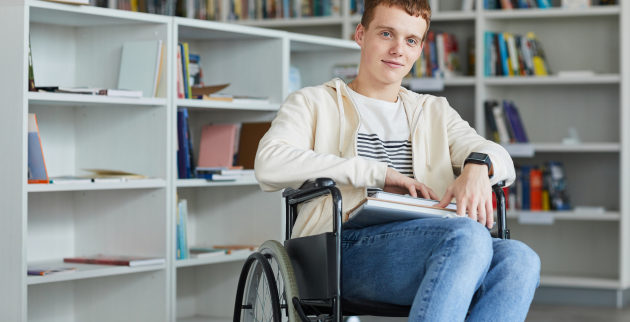Activities for young people with disabilities
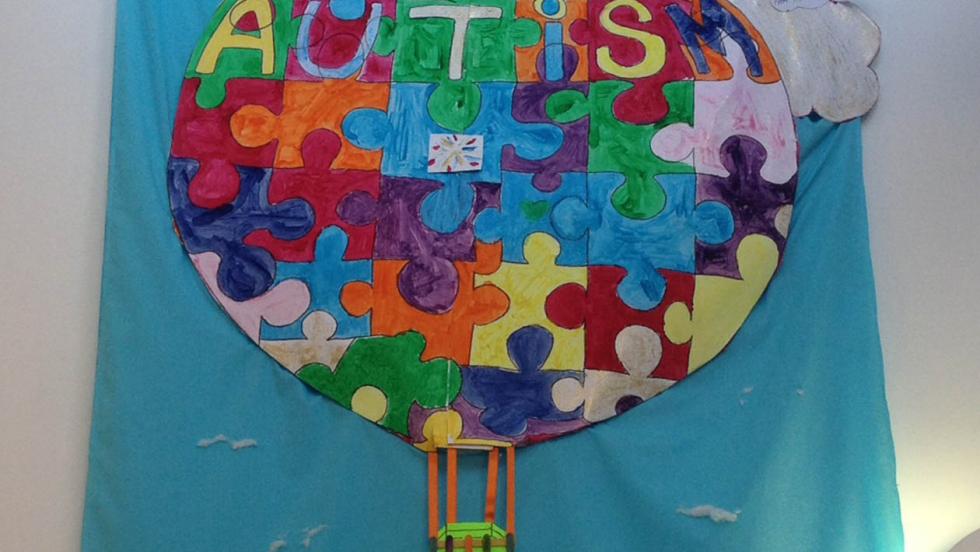
Taking part in activities is important for all young people. But evidence shows activities are very important for young people with disabilities or difficulties. Activities grow your social group, build skills and confidence, and are fun.
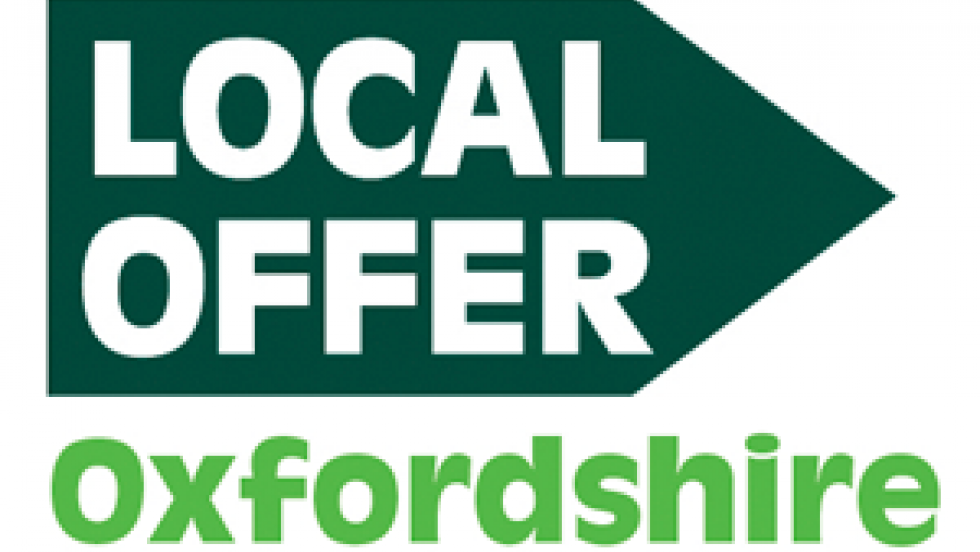
This page is suitable for all readers, but also part of the Oxfordshire Special Educational Needs and Disability (SEND) Local Offer which collects together information, services and support for children and young people in Oxfordshire with special educational needs and disabilities and their families.
Go for it!
Young people with disabilities have the same concerns as anyone about activities:
- What is there for me to do?
- How can I find something I'll enjoy?
- Will I like the people there?
There are lots of activities for young people in Oxfordshire. Most people try several before they find the right one.
Crucial: Schemes like Short breaks for disabled children, Early Years Inclusion Support Scheme, Enabler Support Scheme and the Max Card all support children with disabilities in Oxfordshire to attend activities.
What YOU enjoy
It can take time to find an activity you enjoy. You may also find that the activities you like change over time. Most people go through times of concentrating more on activities and more on other things, like learning.
The links below will help you find activities locally. Other places to find activities include school, church, community centres and on noticeboards.
Crucial: It can be hard to tell what you will enjoy doing until you have tried it out properly. Taster activities, play days and fun days, let you try out different things, and some things only start to get really fun after you have been doing them for a while.
Different types of groups
Many groups, clubs and activities can include young people with disabilities through providing extra support, equipment or other things you might need to have an enjoyable and interesting experience. Ask the group or organisation about support.
Take Action: All children and their parents contact the group, club or activity before they start to attend. This is the time to discuss anything you might need to take part and have the best experience.
There are also groups especially for young people with disabilities. Many clubs and groups for young disabled people also welcome their friends, as well as carers and family. They are often called ‘inclusive’ because they include people of different abilities.
Your SEND Local Offer includes information about groups for young people with Special Educational Needs and Disability.
Search for activities
You can search for activities on Activities Oxfordshire or on the Disabilities Channel of the Family Information Service.
You can search for particular things (such as riding for the disabled or activities for people with autism) or you can do more general searches, using phrases such as activities for disabled people, inclusive, disabilities.
You can also search for things you are interested in, and then check the record to see if they inclusive or accessible for young people with disabilities.
Take Action: Search for Activities.
Local groups
There are lots of local organisations that can help young people with disabilities and difficulties find activities and groups. Here are some of them:
- Yellow Submarine - Activities, trips, residentials and support for children and adults with learning disabilities.
- OXSRAD - The integrated sports and leisure centre with a youth club and lots of sporting and other activities, accessible to all.
- KEEN Oxford - Kids Enjoy Exercise Now provides sporting and recreational activities for children and young adults with special needs in Oxfordshire.
- Guideposts Trust – groups for adults, children and young people with learning disabilities.
- Anjali Dance Company – dance for young people with learning disabilities / neurodiversity
- The Parasol Project – inclusive play and activities
There are also groups that can help your parents find out about new activities.
Crucial: Parents of children with special educational needs can get help from SENDIASS who can provide information and put them in touch with more help and support.
These are only a few of the groups listed on Activities Oxfordshire and the Family Information Service directory for disabled children, and young people and their families.
Keep looking for new fun activities
If you can't find the activity you want locally, you may be able to find it rom national services, or from one of our neighbouring counties.
- Warwickshire Family Information Service
- Holiday clubs for young people with special educational needs | West Northamptonshire Council
- Buckinghamshire Family Information Service
- Special Educational Needs and Disability (SEND) Local Offer - West Berkshire Council
- Gloucestershire Families Directory
You can also try a national service like Scope Disability Information or a local service like SENDIASS.
Crucial: All activities or support for young disabled people in Oxfordshire can be listed on the Family Information Service, SEND Local Offer, or Activities Oxfordshire, just by following the instructions for Oxfordshire Activity Providers.
Your local offer belongs to you!
The Local Offer explains support available to children and young people with special educational needs and disability, and to their families. WE hope you found this page helpful. If you would like anything changed, updated or added, please use this online form.
